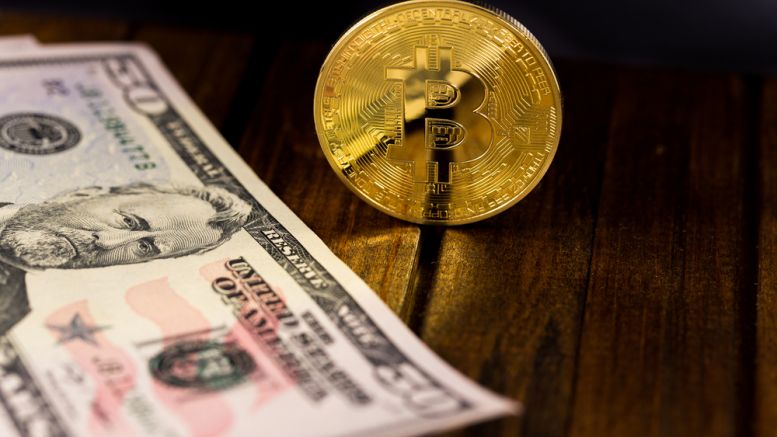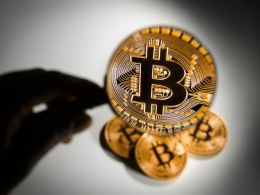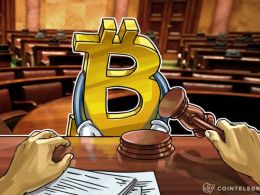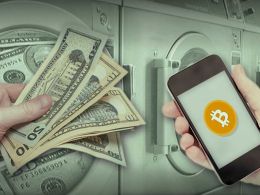
Economist Argues Bitcoin Isn’t Real Money in Miami Money Laundering Case
An argument being presented in an American courtroom will alarm many common sense observers: bitcoin isn’t real money, so someone accused of laundering it shouldn’t be convicted of money laundering. This is the argument that attorneys are using in asking a Florida judge to dismiss money laundering charges against Michell Espinoza, a Miami man who police say sold and laundered $1,500 worth of bitcoins to undercover detectives, according to The Miami Herald. Economics Professor Testifies. Charles Evans, an economics professor at Barry University, acting as a defense witness, told the court....
Related News
A landmark criminal case believed to be the first involving a money-laundering charge involving bitcoin has seen its verdict. The criminal charges thrown out, with bitcoin not deemed to qualify as money, according to the ruling judge. Defendant Michell Espinoza was arrested in 201andmd charged with “illegally selling and laundering” $1,500 in bitcoin to an undercover law enforcement officer. Prosecutors alleged that Espinoza had violated Florida’s anti-money laundering law by operating as an unlicensed money transmitting business. However, Miami-Dade Circuit Judge Teresa Mary Pooler has....
A Miami judge just ruled that Bitcoin is not money, and its sale unintentionally for illegal purposes does not constitute money laundering. In a money laundering case where Florida man Michell Espinoza was accused of laundering money by selling Bitcoin to detectives who implied they were going to use it for illegal activity, presiding judge Teresa Pooler ruled that Bitcoin does not qualify as a financial instrument. “The definition of “financial transaction is found in § 896.101(2)(d), Fla. Stat. A “financial transaction” is a “transaction… involving one or more monetary instruments, which....
A money-laundering case in Miami is expected to determine what the future of Bitcoin in the U.S. will be. A 32-year-old Florida man is charged with attempted money-laundering after illegally selling $1,500 in Bitcoins. The essential question is: was it really money he was laundering? The verdict of Miami-Dade Circuit Judge Teresa Mary Pooler may serve as a landmark of what Bitcoin actually is from the US law’s viewpoint. It’s the fact that this is the first case of its kind which makes it so special. What are you Bitcoin? The actual history of Bitcoin use and officials’ attempts to....
Is it possible to be laundering money with Bitcoin if it’s not legally considered money? A court case in Florida may be about to give us an answer. Can’t Launder Money If It’s Not Money. The by-now infamous case concerns Michel Espinoza, a young computer programmer and early bitcoin trader arrested in January 2014, and later charged with dealing in....
Miami-Dade Circuit Judge Teresa Pooler has dismissed a money-laundering case involving an alleged “illegal sale” of bitcoins, after declaring that under the laws of the state, the digital currency is not considered to be a form of money. Defendant Michell Espinoza was arrested after being accused of selling bitcoins to undercover detectives who told him that they were interested in purchasing $1,500 worth of bitcoins in order to obtain robbed credit card numbers. Florida law enforcement charged Espinoza with one count of operating as an unauthorized money transmitter and one count of money....





